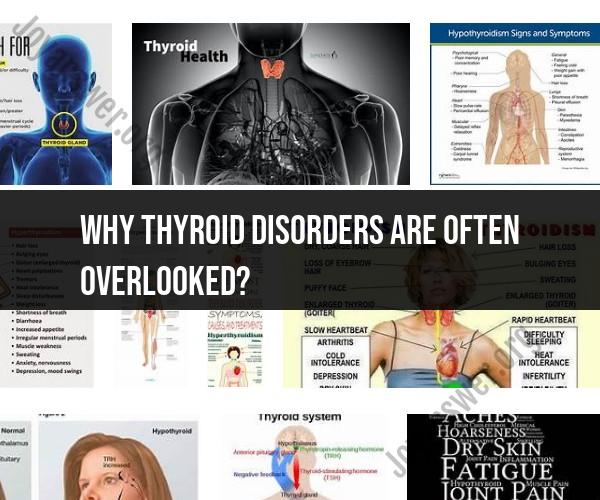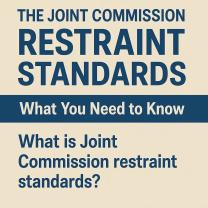Why thyroid disorders are often overlooked?
Thyroid disorders are sometimes overlooked or misdiagnosed for several reasons:
Symptoms Can Be Non-Specific: Many symptoms of thyroid disorders, such as fatigue, weight changes, and mood swings, are common and can be associated with various other conditions. This makes it challenging to pinpoint thyroid disorders based solely on symptoms.
Subtle or Gradual Onset: Thyroid disorders often develop slowly over time, and the changes in the body may be subtle. People may not notice these changes or may attribute them to aging or other factors.
Variable Symptoms: Thyroid disorders can manifest in different ways. For example, an underactive thyroid (hypothyroidism) and an overactive thyroid (hyperthyroidism) can have opposite symptoms, which can further complicate diagnosis.
Lack of Awareness: Some individuals and even healthcare professionals may not be fully aware of the prevalence and diversity of thyroid disorders. This can result in under-screening or misinterpretation of thyroid-related symptoms.
Diagnostic Tests: Thyroid disorders are typically diagnosed through blood tests that measure hormone levels. However, the reference ranges for these tests can vary between laboratories, and what's considered "normal" may not be optimal for an individual. This can lead to the misclassification of thyroid function.
Stress and Lifestyle Factors: Stress, poor nutrition, and lifestyle factors can also affect thyroid function. This may cause fluctuations in test results or exacerbate thyroid-related symptoms.
Gender Disparities: Thyroid disorders, particularly autoimmune thyroid diseases like Hashimoto's and Graves' disease, are more common in women. Some symptoms, such as fatigue and mood changes, are often attributed to hormonal fluctuations in women, which may lead to underdiagnosis.
Complex Nature: Thyroid disorders can be complex, with multiple potential causes and interrelated hormonal systems. Diagnosing and managing these conditions may require a holistic approach and sometimes referral to specialists.
Patient Advocacy: Patients sometimes need to advocate for their own health and request thyroid tests if they suspect a problem. Doctors may not always initiate thyroid testing unless there are clear signs or risk factors.
To address these challenges, it's essential for individuals to be aware of the symptoms of thyroid disorders, especially if they have a family history or other risk factors. If someone suspects they have a thyroid issue, it's advisable to consult with a healthcare provider who is knowledgeable about thyroid health. Additionally, healthcare professionals should consider thyroid disorders in their differential diagnosis when presented with relevant symptoms, even if they appear non-specific, and conduct appropriate testing to rule out or confirm these conditions.













